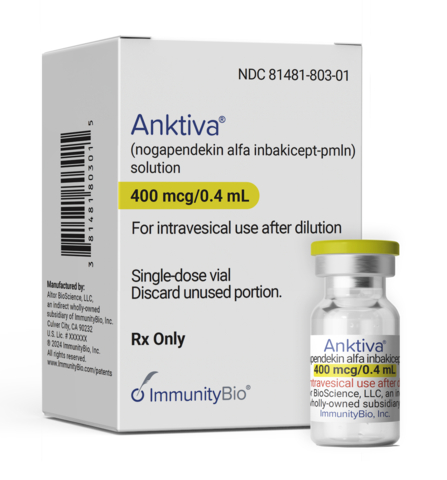The intestinal microbiome is thought to play a role in the development of a number of diseases and conditions, however it can be difficult to distinguish between beneficial strains and harmful ones. Now, researchers at The University of Texas Health Science Center at Houston School of Public Health have identified specific strains of gut bacteria which have been associated with colorectal cancer.
What’s more, the researchers believe that a stool sample could be screened for these bacterial biomarkers, making colorectal cancer diagnosis less expensive and far less invasive. The research was published in the journal, Gut.
According to the American Cancer Society, colorectal cancer is the number two cause of cancer-associated mortality in the US. The current study is the first to identify multiple specific strains of bacteria which are associated with the disease.
Using nine colorectal cancer studies conducted between 2012 and 2016, the researchers analyzed and compared the data. The researchers noted that a few bacterial strains – namely, Parvimonas micra ATCC 33270, Streptococcus anginosus and some proteobacteria – were frequently isolated from stool samples collected from patients with colorectal cancer.
“Although previous studies have found associations between the gut microbiome and colorectal cancer, there was little agreement between the results,” said Dr. Manasi Shah, of the Department of Epidemiology, University of Texas School of Public Health and primary author on the study. “To our knowledge, our study is the first attempt to gather existing microbial marker gene data and reprocess it uniformly.
“Despite differences in cohort demographics, laboratory protocols and downstream analysis, which are known to influence microbiome outcomes, it is encouraging that we found bacterial signals that are consistently and significantly associated with colorectal cancer.”
According to Shah, analyzing stool samples for these bacterial biomarkers could be an accurate screen for colorectal cancer up to 80 percent of the time. Not only is this approach inexpensive, but it is also considerably less invasive than a colonoscopy, which American men and women over the age of 50 are advised to have every five years.
“Microbiome studies offer tremendous potential for advancing diagnostics and therapeutics,” said senior study author Dr. Emily Hollister, assistant professor of pathology and immunology at Baylor College of Medicine. “For some diseases and conditions, identifying microbiome-based associations has been relatively simple.
“For the majority, however, the research community is still sifting through a lot of data and a lot of noise as we seek to understand how the microbiome contributes to disease onset, progression and our ability to provide rapid, accurate diagnoses,” continued Hollister. “The identification of consistent patterns across studies of the colorectal cancer-associated microbiome represents a big step forward in these efforts.”












Join or login to leave a comment
JOIN LOGIN